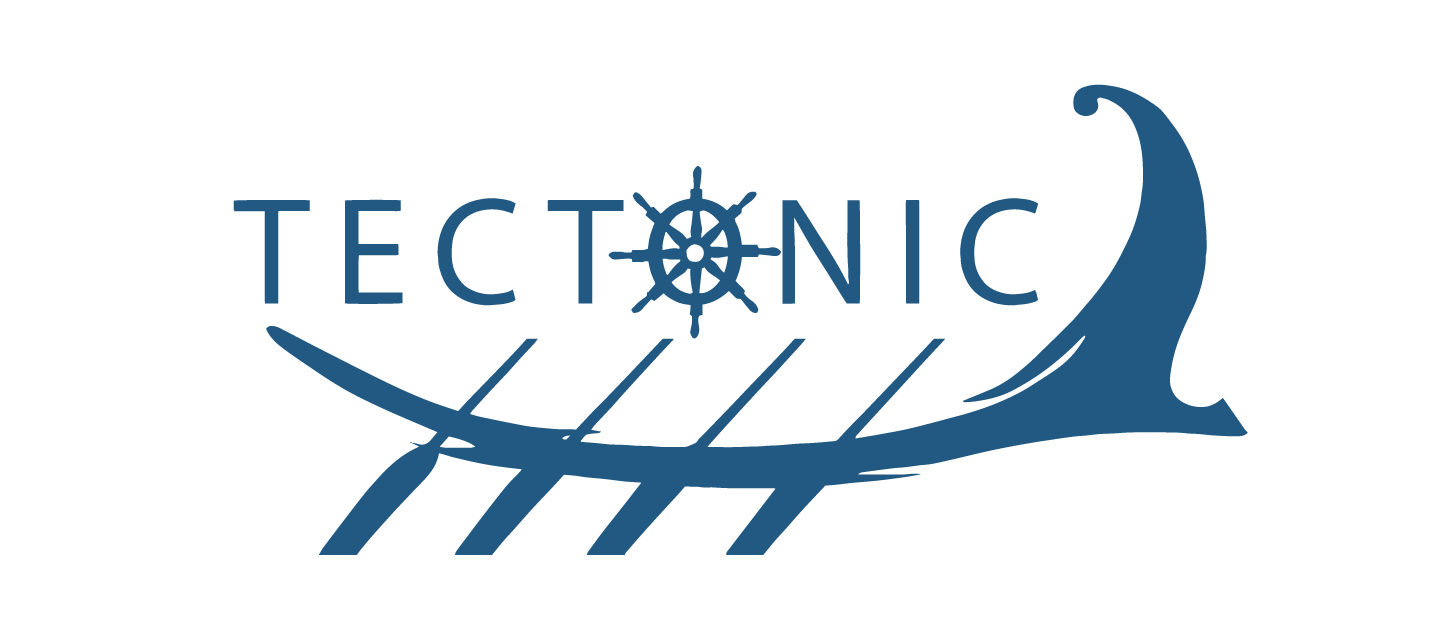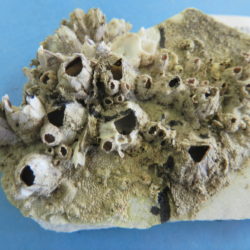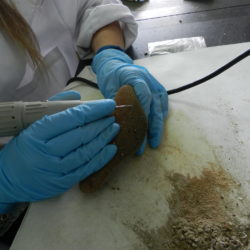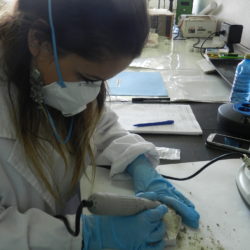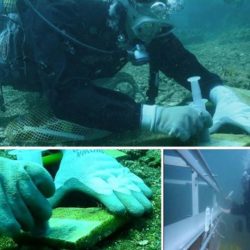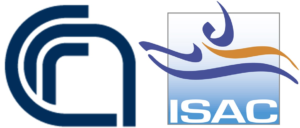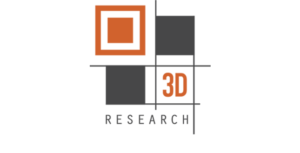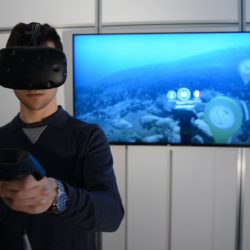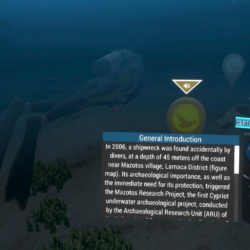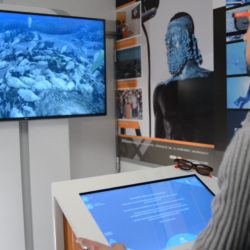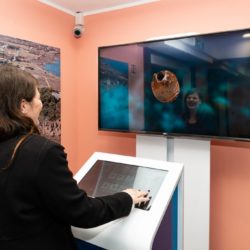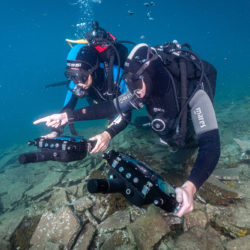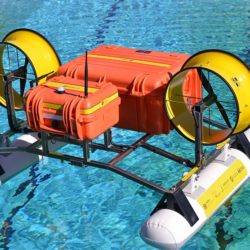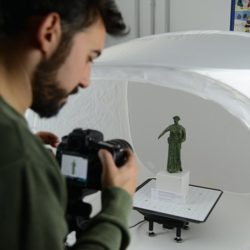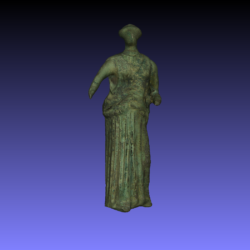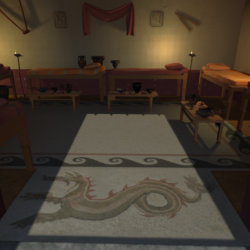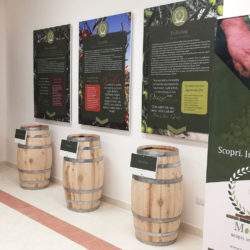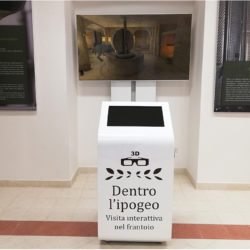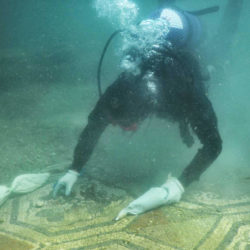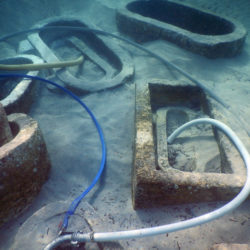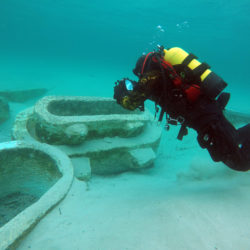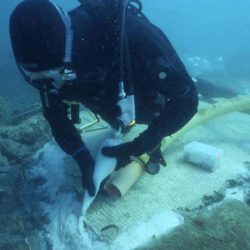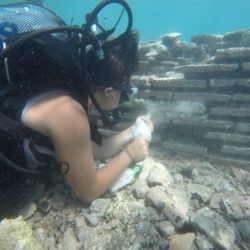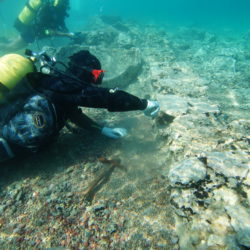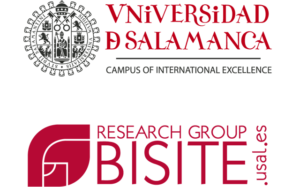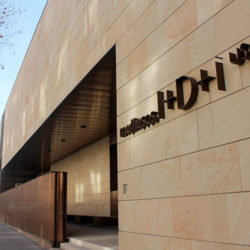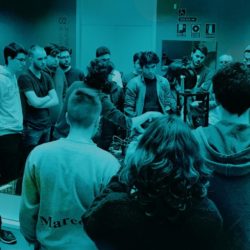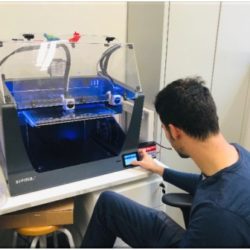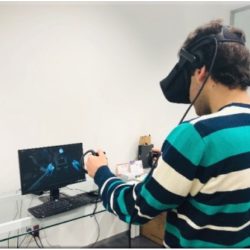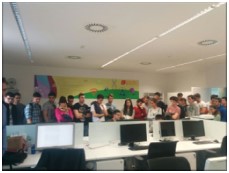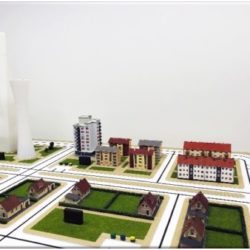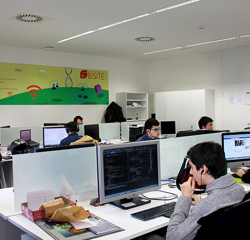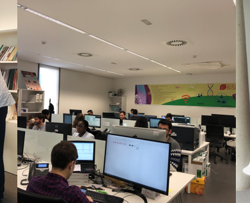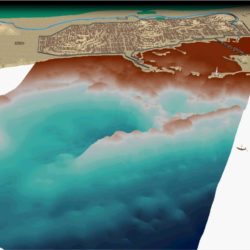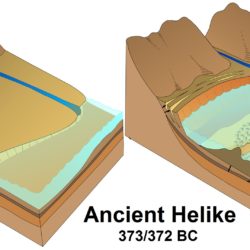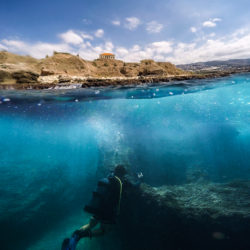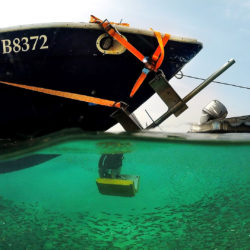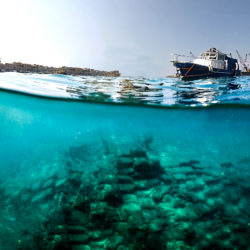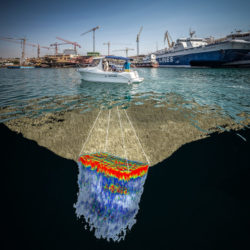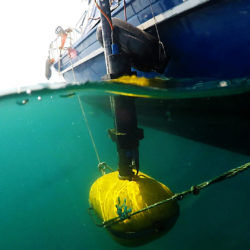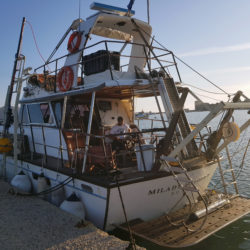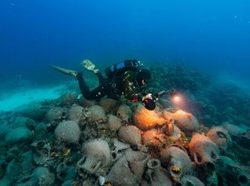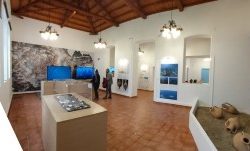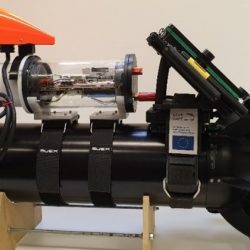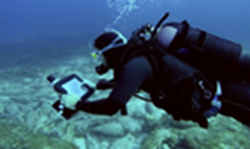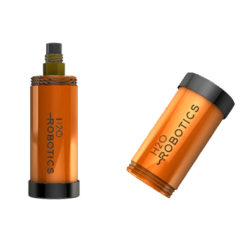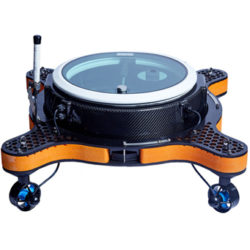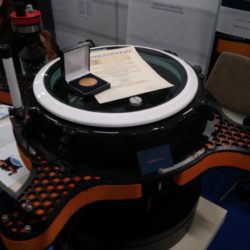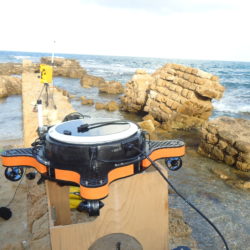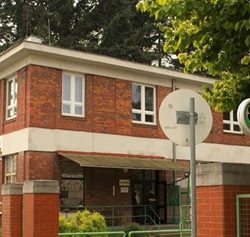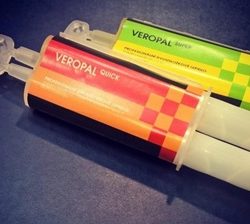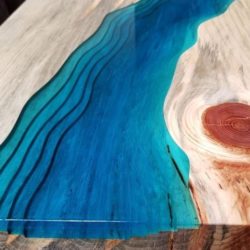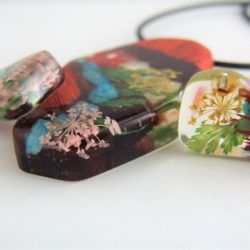Partners
Università della Calabria
The University of Calabria (UNICAL) is a public university which has the aim to enrich the cultural progress in the fields of human, economic and technological sciences. UNICAL promotes scientific and educational excellence and puts in place, at all organizational levels, assessment actions of structures, faculty and managerial, technical, administrative and librarians’ staff as well as external collaborators. UNICAL has always been distinguished for its special attention to the quality of innovation in research and education, internationalization and variety of study programs (https://www.unical.it/portale/).
UNICAL participates to TECTONIC project through 3 departments:
- the Department of Biology, Ecology and Earth Science – DiBEST.
The research group of Cultural Heritage (CH) at DiBEST is highly active in the research: it participated or coordinated over 10 research projects in the field of CH and published in the last 15 years more than one hundred of scientific papers in Peer-Reviewed Journals. The working group has a large range of skills and expertise providing a strong ability to the diverse problem-solving challenges within the CH area. It is also linked to a wide network of European and Extra-European partnership working in the same sector. The CH laboratories at DiBEST, with their long-standing tradition and wide expertise in Geosciences, Archaeometry, Archaeology, Conservation, etc., will offer the perfect analytical infrastructures to successfully coordinate and carry out all the activities linked to present Project.
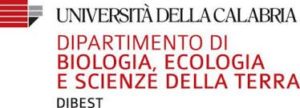

- the Department of Mechanical, Energy, and Management Engineering – DIMEG.
It was founded in 2012 by the unification of the Department of Mechanical Engineering with some research groups of other two departments: the Department of Electronics, Computer Science and Systems and the Department of Business Science. It has over a hundred staff members between a) Full Professors (13 units), Associate Professors (19 units), researchers (21 units), technical and research fellows (60 units). The multidisciplinary nature of the academic fields allows covering all areas of industrial engineering.
DIMEG hosts 3 Research Laboratories that will provide support and will be involved in the project. The group has great expertise in the development of technologies and methods for supporting the monitoring, conservation, and exploitation of the underwater natural and cultural heritage. In particular, it has obtained excellent results in numerous research projects, in the development of new technologies for the digitization and exploitation of the submerged sites in virtual and augmented reality environments, in the implementation of systems and methodologies to build geo-referenced 3D models of underwater archaeological and natural sites, in design and manufacturing of multimedia exhibits based on VR and AR technologies for museum layouts.
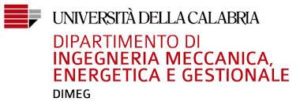
- The Department of Informatics, Modeling, Electronics and System Engineering – DIMES
DIMES hosts 20 Research Laboratories, among which the Lab. of Nanoelectronics and Microsystems Laboratory (NML), (http://labs.dimes.unical.it/nml) and the Lab. of processing of measurement information will provide support in the project. In the last 5 years DIMES members were involved in 23 EU projects and 79 national projects. In the 2018 ranking of the Excellent Departments promoted by Italian Ministry of University and Research (MIUR) DIMES was ranked at the 2nd place at national level in the Sector: Industrial and Information Engineering.
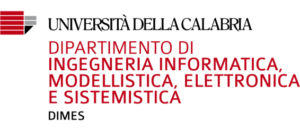
Institute of Atmospheric Sciences and Climate (ISAC-CNR)
ISAC is the largest CNR Institute on atmospheric sciences and one of the top-level Institutes of the Department of Earth System Science and Environmental Technologies. It is structured in 7 permanent observatories, including 2 Global Stations of the Global Atmosphere Watch (GAW) program of the World Meteorological Organization (WMO), 3 GAW-WMO Regional Stations and 2 Supersites. The highly multidisciplinary research of ISAC concerns with many basic aspects of atmospheric physics, chemistry and biology, which are of applicative relevance in the field of environmental protection. ISAC has a strong multi-disciplinary portfolio with links to top ranking national and international research groups. ISAC is structured in 7 Units over the country (Bologna, Lecce, Roma, Torino, Padova, Lamezia and Cagliari).
The ISAC research team involved in TECTONIC aims at assessing, predicting and managing the effects of natural, environmental and anthropogenic hazards on built heritage and cultural landscapes, including the impact of extreme events, mainly by:
– Studying the physical, chemical and biological deterioration due to the interaction of Cultural Heritage with the environment;
– Modelling and experimental activities aiming at the development of tools (e.g. maps of vulnerability, critical parameters, damage functions, risk indicators, forecasting systems) for the quantitative assessment of the climate change and multi-hazards impact on Cultural Heritage;
– Vulnerability and risk assessment of Natural and Cultural Heritage (monumental complexes, archaeological sites, terraced landscape) at diverse time/space scales and definition of strategies for its protection and safeguarding (preparedness, emergency, recovery).
3D Research s.r.l.
For more than ten years, 3D RESEARCH has been a powerful combination of technological innovation and cultural dissemination, a bridge between an enterprising academic reality, i.e. the University of Calabria, and the Cultural Heritage sector. As a spin-off company, 3D Research believes that research must be taken out from the University, towards those places that mostly need to develop a responsible digital culture: museums and archaeological sites.
For this reason, since 2008, the company’s goal is to develop technologies with a “high level of experience”, which can respond in a comprehensive way to the needs of spreading knowledge thus bringing people to regain possession, with enthusiasm, of what will always belong to them: their history and their identity.
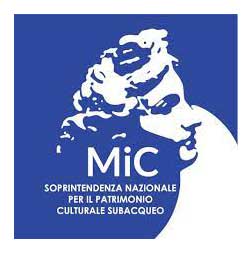
National Superintendency for Underwater Cultural Heritage (SN-SUB)
The National Superintendency for Underwater Cultural Heritage is an office with special autonomy of a non-general managerial level under the Ministry of Culture of Italy. The Superintendency is responsible for the activities of protection, management and valorisation of national underwater cultural heritage.
Universidad de Salamanca – Bisite Research Group
The Bioinformatics, Intelligent Systems and Educational Technology (BISITE) Research Group is formed by a group of researchers whose principal interest is the development and application of intelligent computer systems to different types of problems: AI, ML, Deep Learning, Emotional Systems, Fintech, Blockchain, IoT, Industry 4.0, Smart Cities, Smart Grids, Intelligent Textiles.
BISITE has around a hundred members with a very wide range of professional backgrounds: computer scientists, biologists, pharmacists, physicists and economists. This gives the group its multidisciplinary character. The group collaborates intensively in more than 50 research projects with companies, universities and research centres. The work done by this group has an eminently practical component, nevertheless it does not miss the theoretical aspects which are the backbone of any research.
The BISITE research group is responsible for the development of the IoT Digital Innovation Hub. Moreover, it coordinates a number of highly successful postgraduate courses in the fields of its expertise. Also, its members are in charge of organizing several international congresses.
Contact person: Dr. Javier Prieto Tejedor
Foundation for Research and Technology Hellas (FORTH)
FORTH participates in TECTONIC with itsCoastal & Marine Research Lab (CMRL), with research and applications in modelling & computational methods for incompressible flows and wave propagation, Ocean hydrodynamics & wave forecasting, Marine pollution (hydrocarbons & plastics), Hydrodynamic & geomorphodynamic modeling of coastal areas, development of environmental & socioeconomic indices for Climatic Change risk assessment on coastal areas. CMRL works on the survey, study and protection of coastal cultural heritage sites, the increase of resilience of cultural heritage to climatic change, and estimates the socioeconomic impact of climate change effects on the natural and cultural heritage. Other activities of CMRL aim to provide a detailed description of the surrounding environment in which the cultural heritage site is located, identify specific characteristics of the site in terms of geometry and building materials, use climatic and coastal hydrodynamic models to determine long term environmental conditions. The numerical modeling is used to identify the impact of past events but also to forecast future climatic and hydrodynamic conditions. Spatial Analysis methods are used to estimate the environmental vulnerabilities and risks of cultural heritage site including socioeconomic aspects. CMRL has portable marine survey methods and equipment (e.g. Drones, ROV, wave & tide sensors, side scan sonars, diving equipment). The equipment of the Lab and also be used for the survey and identification of possible new sites and also monitoring of sites.

Panepistimio Patron (Patras University)
Laboratory of Marine Geology and Physical Oceanography (LMGPO)
Geology Department
Patras University (UPATRAS)
The Laboratory of Marine Geology and Physical Oceanography (LMGPO) was established in 1989 within the Geology Department of Patras University (UPATRAS) and is the largest teaching and research University centre in the field of Marine sciences, in Greece. The laboratory is a leading partner of the Oceanus-net of Laboratories of the University of Patras which established to serve as an interdisciplinary sea-observatory, independent from socio-economic pressures, the sustainability of the Greek seas and inland waters. The Laboratory conducts research projects in the area of marine geology, physical and environmental oceanography, coastal geomorphology and underwater archaeology and keeps permanent cooperation with national and international scientific institutions, universities and non-governmental organizations. In the field of Marine Geoarchaeology, Laboratory has developed two distinct approaches: (i) the palaeogeographic reconstruction of coastal landscapes in areas of great archaeological importance and (ii) the detail study of ancient shipwrecks (site formation processes).
The facilities of the Laboratory include a variety of marine remote sensing research systems (a) positioning and navigation systems, (b) single and multi-beam echosounders, (c) high resolution subbottom profilers, (d) high resolution side scan sonars, (e) marine magnetometer, (f) Interferometric Sonar System, (g) two Remote Operated Vehicles (ROV) with operational water depth 150 and 300m respectively, (h) underwater towed cameras, (i) oceanographic and environmental multi-parametric seawater sensors for in situ real time and long term monitoring, (j) water and sediment samplers. Full Laboratories for geotechnical and sedimentological analyses. Moreover, the Laboratory has developed an Autonomous Surface Vehicle (ASV; custom made) equipped with echo sounder, side scan sonar and cameras. A 16m-long vessel is available and has been modified to meet the objectives of a marine geophysical research.
ATLANTIS Consulting
ATLANTIS Consulting is a private firm, composed of highly skilled employees (engineers, economists, IT and science & technology experts). The company focuses on:
• Research activities
• Science and technology policy assessment
• Management consulting
• Funding & support for innovative Start-Ups
The company has experience in the management and implementation of national/international projects in the fields of sustainable tourism valorisation of underwater archaeology, ICT research, innovation policy, investment readiness, innovative financing (e.g. Business Angels Networks), evaluation and impact assessments for public and private organisations.
Regarding TECTONIC’s scope, through past projects, ATLANTIS has developed significant expertise in all aspects concerning Underwater Archaeology, Accessible Underwater Cultural Heritage (UWCH) sites, Marine Protected Areas (MPAs) and Diving Parks (DPs) in Greece, aiming at the promotion of culture, “blue” technologies and the exploitation of the UW wealth (cultural and natural) for the benefit of the EU economy.
More specifically, ATLANTIS Consulting by participating in Greek and European projects, have contributed to tangible achievements such as:
– The characterization as accessible ancient wrecks of the Greek seas (i.e wrecks in Alonissos and in the western Pagasitikos), which contributed to the growth of maritime tourism in these areas.
– The development of technologies which support the promotion of the underwater heritage (and natural) wealth of the Mediterranean, such as digitization for the creation of 3D models of reconstruction of underwater archaeological sites, the use of new technologies for the recording of such sites, the use of new technologies for recording archaeological research, virtual and augmented (VR/AR) diving, etc.
– Submission of proposals for the promotion and support of the accessibility of underwater archaeological sites at a national level, through their integration in European and National funding programs, in Regional Operational Plans, etc.
– Consolidation, at local and national level, of the idea that the protection of the underwater archaeological wealth presupposes the studied tourism and educational exploitation primarily for the benefit of the local communities; and always having as a basis the principles of sustainable development.
– Creation of Knowledge Awareness Centres with the aim to increase tourism attractiveness and to transfer knowledge, in co-operation with national authorities, universities, scientific institutions, economic operators and local community.
– Publications about UWCH restoration, valorization and promotion in various scientific conferences and workshops.

H2O Robotics
H2O robotics is a Maritime technologies company founded in 2017 in Zagreb, Croatia. It offers products and services for commercial and scientific applications. Company holds an expertise in the domain of autonomous marine robotics and wireless underwater network systems. The company products are H2Omni-X, a versatile, modular Autonomous Surface Vehicle specialized for Dynamic Positioning and H2Observe, low-cost acoustic underwater ranging and communication system. The H2O robotics vision is to assist different communities in better and safer exploration of underwater world and its hidden wonders using advanced robotic solutions.

Synpo Akciova Spolecnost
SYNPO akciová společnost is almost 70 years the leading center of applied R&D in resins, lacquers, paints, coatings, adhesives, putties and polymers. SYNPO is a joint stock company with more than 100 employees. It is a part of a group managed by the organization “Spolek pro chemickou a hutní výrobu, a.s.”
Synpo is located in Pardubice, about 100 km from the capital city of the Czech Republic Prague.
Key activities:
- Contract R&D and product development in synthetic polymers and resins for coatings, composites and adhesives
- Application development.
- Process development in SYNPO‘s pilot plant and manufacturing facilities.
- Custom manufacturing and tolling.
- Analytical and testing services in accredited laboratories.
- Training of Ph.D. and MSc. students in collaboration with the University of Pardubice.
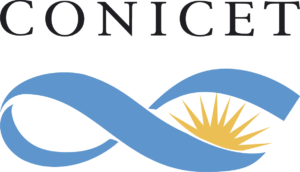
Consejo National de Investigaciones cientificas y tecnicas (CONICET)
UNDERWATER ARCHAEOLOGY TEAM OF ARGENTINA (NATIONAL RESEARCH COUNCIL –CONICET-AND NATIONAL MINISTRY OF CULTURE)
Our team is mostly formed by archaeologists-divers and we have 25 years of experience working with different aspects related to underwater cultural heritage, mainy research, management, dissemination and capacity building.
We normally study shipwreck sites located in the coast of Patagonia and Tierra del Fuego, the southernmost part of Argentina, but we are also involved in different activities related to underwater cultural heritage organized by UNESCO in other parts of the world. These mainly consist of training courses and technical assistance missions, which so far have taken place in Latin American, Caribbean, Asian and African countries.
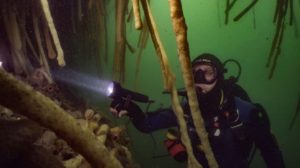
National Institute of Anthropology and Latin American Thought (INAPL)
INAPL operates within the Ministry of Culture of Argentina. Since its creation in 1943, studies and research have been carried out in the areas of social anthropology, folklore and archeology. It carries out projects dedicated to the recovery, documentation and management of tangible and intangible cultural heritage. It also advises on alternative proposals for regional socio-cultural and economic development.
INAPL has an important academic recognition at national and international level. Its specialists offer postgraduate courses for trained researchers, as well as dissemination and training courses. The results of its research are presented at national and international congresses, seminars and conferences.
Its headquarters house the National Museum of Humans, the Juan Alfonso Carrizo Library, the National Registry of Archaeological Sites, Collections and Artifacts, and the research teams and laboratories. These teams are directed by INAPL specialists and are staffed by young graduates and students who are trained in the different areas of anthropology.
INAPL is also the enforcement authority of National Law No. 25,743 for the Protection of Archaeological and Paleontological Heritage.
Since 1960, INAPL has published the academic journal Cuadernos. It also publishes other specialized and dissemination publications, such as the four-monthly Boletín Novedades de Antropología.
The main functions of INAPL are:
- Preserving, documenting, disseminating and advising on tangible and intangible cultural heritage at the national level.
- To raise awareness and advise on mechanisms for the protection of cultural heritage.
- To produce knowledge and advise on past and present life strategies.
- Research, recover, preserve, document and protect archeological, terrestrial and underwater sites and rock art.
- To keep a national registry of archaeological sites, terrestrial and underwater, and their state of conservation.
- Rescue and strengthen the collective memory and the recognition of our cultural identity, within its diversity and mestization, and the respect for cultural and ethnic pluralism.
- Participate and advise in proposals for alternatives of regional socio-cultural development and in the planning of socio-cultural policies, evaluating the cultural needs of the population.
- To study and disseminate traditional, indigenous and native cultures and encourage the community to value their history and cultural richness.
- To intervene in the promotion, training and diffusion of Argentine traditional crafts.
- To participate in the creation of cultural information networks.
